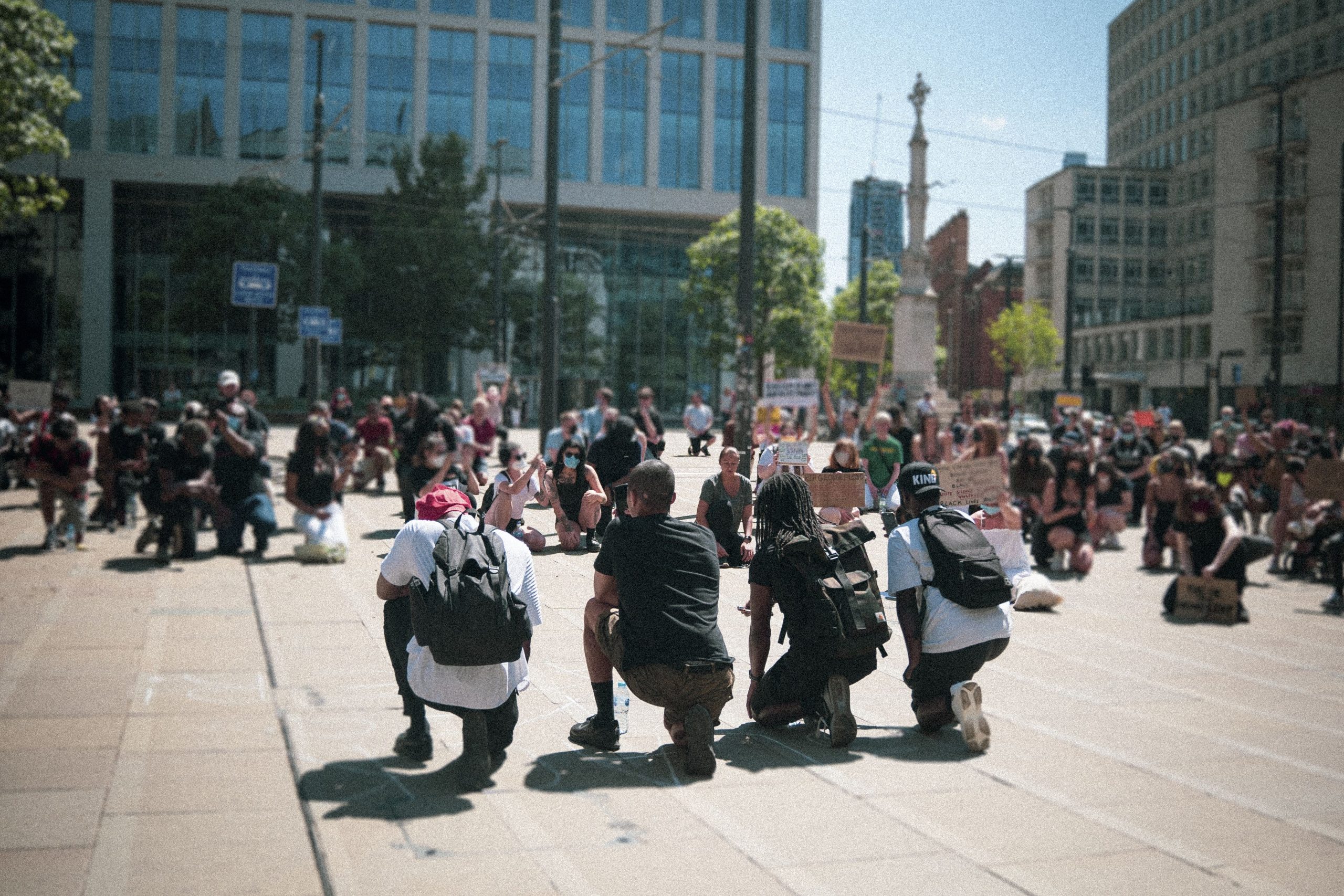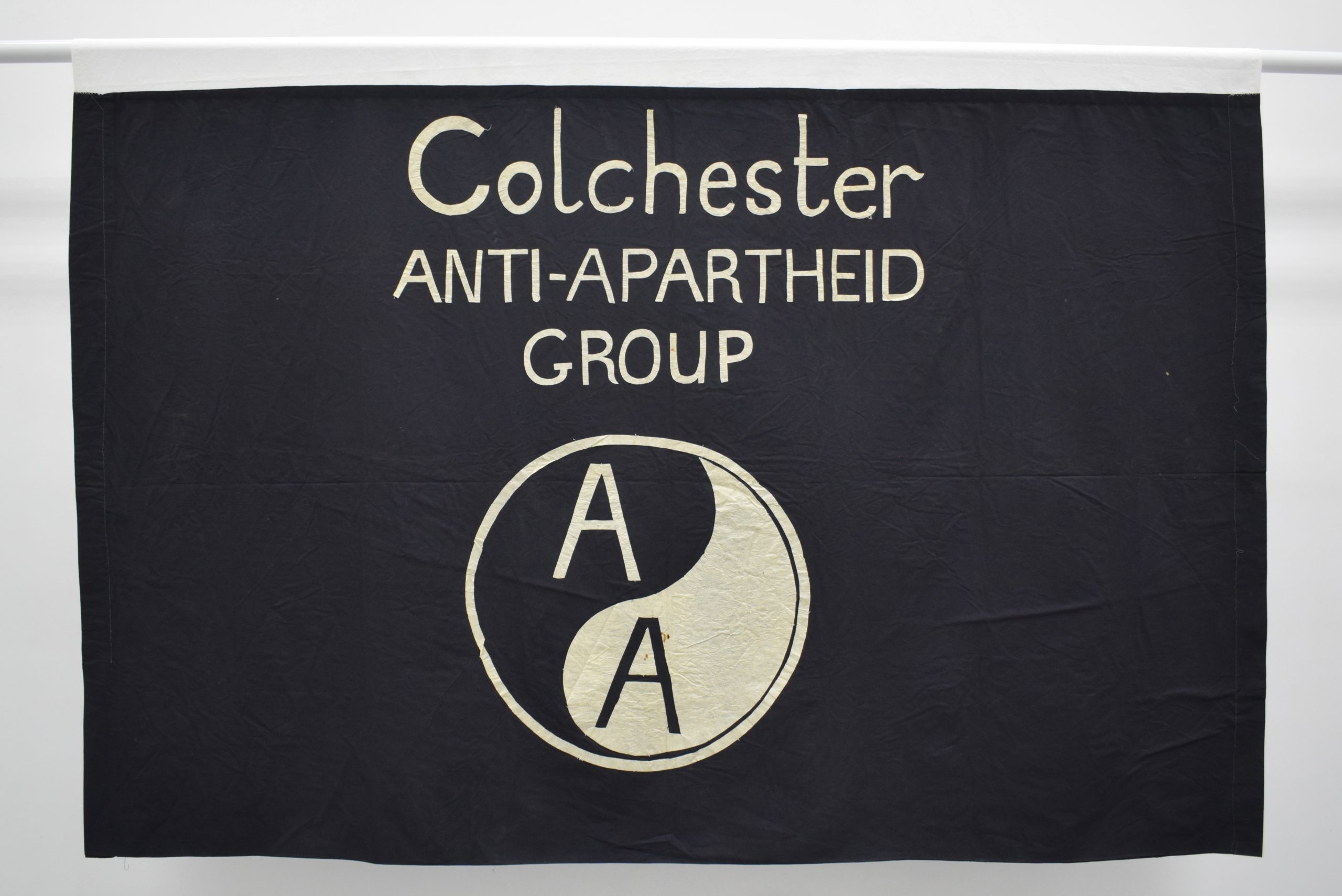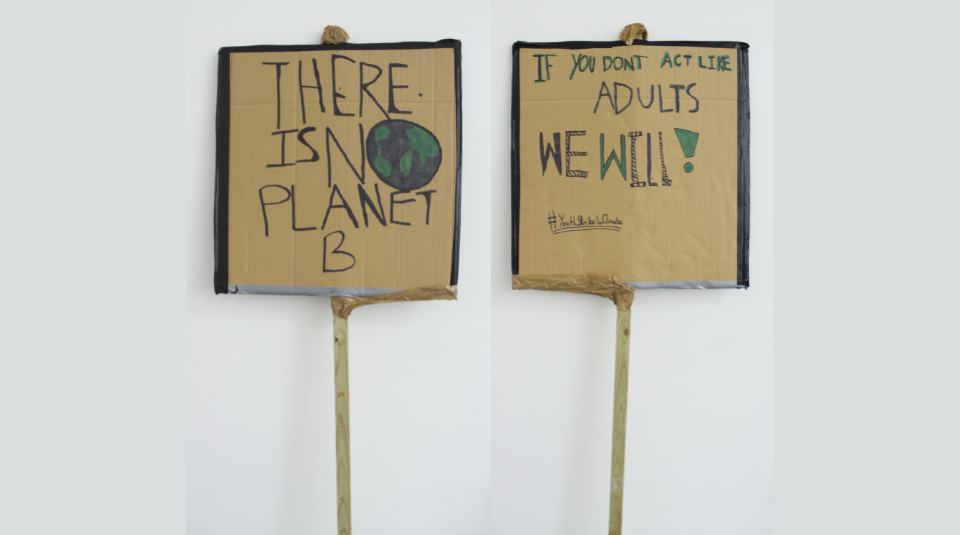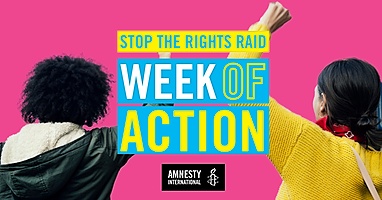People’s History Museum has joined hundreds of other organisations to urge the government to reconsider its approach to the Police, Crime, Sentencing and Courts Bill (Policing Bill), which is likely to silence marginalised voices fighting for change. For this blog we’re sharing a list of famous UK protests, prepared by a team of academics for Amnesty International, that would’ve been impossible under this would-be new law. From children protesting for Fridays for Future, to protests for Black Lives Matter and ending apartheid in South Africa, discover how our proud history of protest has shaped a better world today.

Early Pride events involved same sex couples kissing one-another at a time when this was illegal in public. The policing of the demonstrations was often aggressive, but had the Policing Bill been in place, homophobic people could have claimed ‘serious unease’ to demand the marches be prohibited.

The policing of Black Lives Matter protests broke several international standards. For example, after arresting four people for standing on a pavement with placards, police admitted to misinterpreting the law. This shows the risk there is of vague laws – like the Policing Bill is – being misused.

Part of the movement which helped end apartheid was a lively presence at the South African embassy in London. Some of the participants were arrested, but charges were later dropped or overturned. With the Policing Bill however, demonstrators could have been threatened with prison for calling for peoples’ freedoms.
At the heart of democracy, Parliament Square has hosted demonstrations for peace and equality, human rights and liberty, for and against Brexit, for and against fox hunting, and for the right to protest itself. However the Policing Bill extends a zone around Parliament in which protests would be restricted.
Most political parties now support phasing out coal burning for energy. A turning point came when people camped near the site of a proposed new power station in Kent. The policing of the protest was problematic, and had the police had the powers they will have under this potential law, the protest could have been totally shut down.

In 2015 women calling for proper funding to support survivors of domestic violence, highlighted the cause at the red carpet premiere of the film Suffragette. Had the Policing Bill been in place they could have been threatened with serious sanctions.
During times of international conflict, people sometimes arrange public vigils – often prayerful – intended to continue for the duration of the conflict. Under the Policing Bill, any form of public presence that aims to be sustained would likely be affected.
Shareholders often hold companies to their ethical commitments at AGMs. When this happens, it is common for campaigners to share information with delegates outside. However, the Policing Bill increases powers for police to move people further away, who could then risk punishment for being too noisy!
Between 2010 and 2020 people successfully protected the British countryside from drilling for ‘fracked’ gas by protesting at site entrances. Although many of the drilling plans turned out to be unlawful, the protests themselves could have been prohibited under the Policing Bill.

Inspired by Greta Thunberg, many school children around the world have called on governments to take urgent climate action. Various parts of the Bill would have provided powers for much greater repression, even against those taking part in one-person demonstrations.
“The UK government are trying to introduce new laws and make changes to existing ones that will result in less freedom for ordinary people, more power for people in authority, and even greater inequality in our society. These changes will also make it harder for you to stand up for yourself if your human rights are being abused. And on top of that, in many cases it will be society’s most vulnerable people who are the worst hit by the changes. Our freedoms are under attack from all angles: this is a raid on our rights.” Amnesty International

Guest blogs are not curated by PHM but feature voices on topics relevant to the museum’s collection. Guest blogs do not necessarily reflect the views of PHM.
Find out more about the Policing Bill – the 10 reasons why the Government needs to drop the Policing Bill, what is it and why is Amnesty – alongside many others including PHM – opposing it.
The Human Rights Act should protect us against the most extreme implementation of the Policing Bill and also the proposed new Nationality & Borders Bill, however this act is also under review by the UK Government. Discover how our human rights are in jeopardy in another Amnesty blog, Human Rights Act – still on high alert, written back in 2018.
Find about one of the treasures within the museum’s collection as Michael Powell, PHM’s Programme Officer puts the spotlight on the ‘There Is No Planet B’ placard, in his blog, People and Planet is it time to act now?
And we’ve a very relevant read from Holly Barrow, Political Correspondent for the Immigration Advice Service, exploring the use of surveillance to suppress dissent, Dangers of technological surveillance in policing public protests.